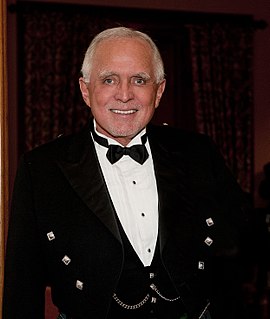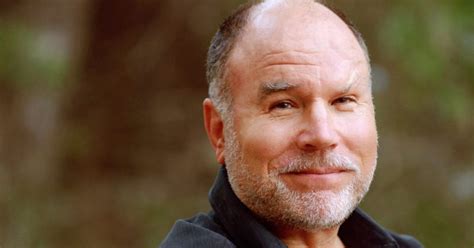A Quote by Dan Pena
Next time, you question what you are doing - ask yourself? What could I do more? In most cases, extra time will be the greatest leverage you can apply!
Related Quotes
Leverage your time more by spending a little more time every day imagining and a lot less time every day doing. Do a little more imagining and a little more less doing. Until eventually most of what's happening is happening in the cool, calm, anticipatory state. Just imagine yourself into the successes, and watch what happens. Imagine a little more and act a little less.
If we could turn around and stand back, then we would see the whole complete pattern. And therefore what we have to do in this lifetime is to perfect this pattern, so that it will continue a most beautiful pattern next time and next time and next time and next time because we vowed until samsara is empty! Now, that's going to be a long time, so you'd better get prepared for the long haul, and the best way to do that is to really prepare yourself as much as possible in this lifetime, and not waste your opportunities so that we can genuinely benefit beings, endlessly, endlessly, endlessly.
Every once in awhile, find a spot of shade, sit down on the grass or dirt, and ask yourself this question: “Do I respect myself?” A corollary to this question: “Do I respect the work I’m doing?” If the answer to the latter question is NO, then the answer to the former question will probably be NO too. If this is the case, wait a few weeks, then ask yourself the same two questions. If the answers are still NO, quit.
Fashion sighs after trends. I want timeless elegance. Fashion has no time. I do. I say: Hello Lady, how can I help you? Fashion has no time to even ask such a question, because it is constantly concerned with finding out: What will come next? It is more about helping women to suffer less, to attain more freedom and independence.
When you go to a voice-based interaction, you can't tell people, 'Ask me this question and structure it in this way.' And if they ask a question, and you have a bad answer, first time, maybe they'll be okay with it. Third time, they're going to say, 'This is a complete waste of time. I'm going away.'
If time be of all things the most precious, wasting time must be, as Poor Richard says, “the greatest prodigality'; since, as he elsewhere tells us, 'Lost time is never found again'; and 'What we call time enough always proves little enough'. Let us then up and be doing, and doing to the purpose; so by diligence shall we do more with less perplexity.
If you ask a living teacher a question, he will probably answer you. If you are puzzled by what he says, you can save yourself the trouble of thinking by asking him what he means. If, however, you ask a book a question, you must answer it yourself. In this respect a book is like nature or the world. When you question it, it answers you only to the extent that you do the work of thinking an analysis yourself.
The issue is not whether there are horrible cases where the penalty seems "right". The real question is whether we will ever design a capital system that reaches only the "right" cases, without dragging in the wrong cases, cases of innocence or cases where death is not proportionate punishment. Slowly, even reluctantly, I have realized the answer to that question is no- we will never get it right.
And it will always happen that he who is not your friend will request your neutrality and he who is your friend will ask you to declare yourself by taking up arms. And irresolute princes, in order to avoid present dangers, follow the neutral road most of the time, and most of the time they are ruined.
I now look at the things I could have done better and instead of beating myself up about it, since I can't turn back time, I try to remember to ask myself, "what was this experience sent to me to teach me?" I think specifically about what I will do better next time, then I actively look for moments to practice for the next time.


































